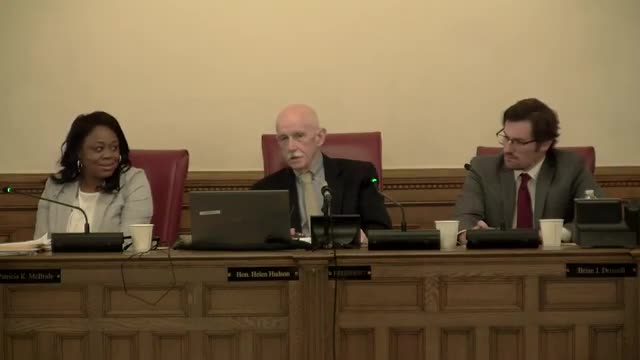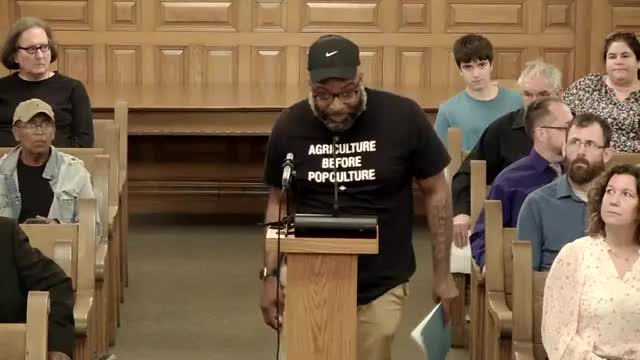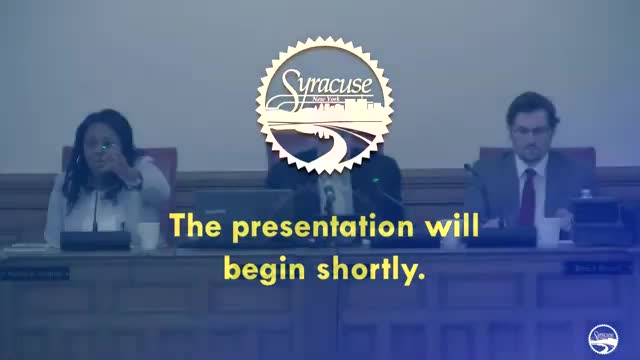Article not found
This article is no longer available. But don't worry—we've gathered other articles that discuss the same topic.

Animal advocates urge Syracuse to pair shelter plans with low-cost spay/neuter and cat services

Caller urges Syracuse to pause funding for TNT amid alleged conflicts of interest and tax-reporting questions

Multiple speakers raise procurement and spending concerns over Syracuse payroll modernization and IT contracts

